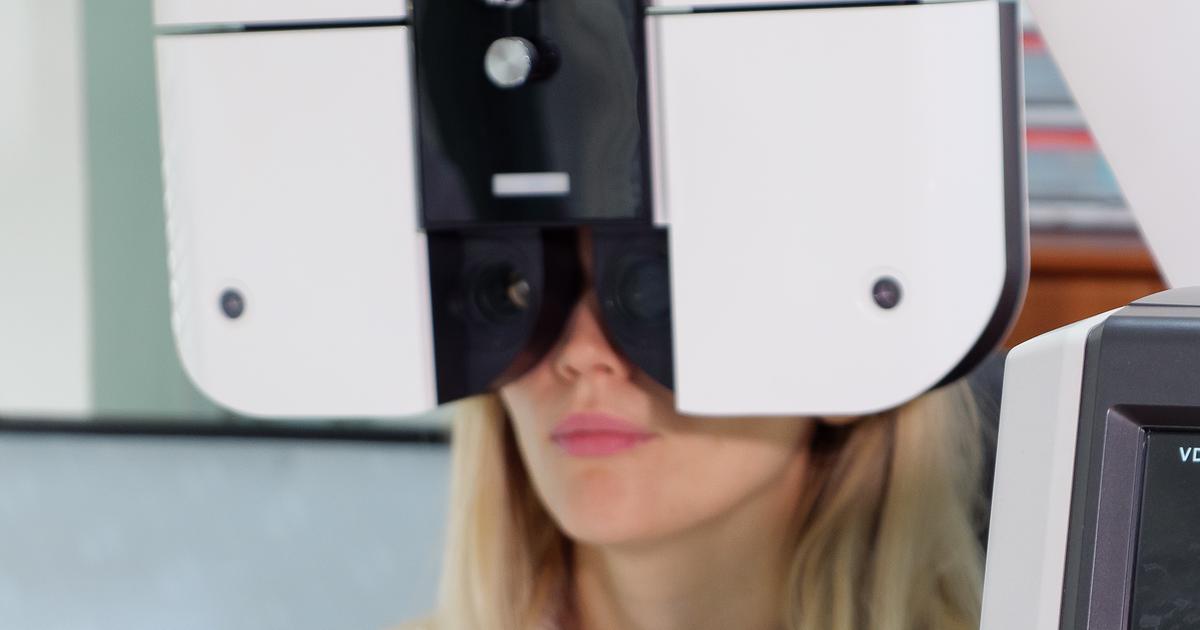Side Effects Of Antidepressants
Blurred Vision

Blurred vision is most likely to occur as a side effect of tricyclic antidepressants, including amitriptyline, desipramine, and doxepin. These medications work by blocking the brain's receptors for a neurotransmitter called acetylcholine. As a result, tear production ceases, and the eyes become dry. Patients with blurred vision often describe it as a lack of visual clarity or sharpness, and it can occur in conjunction with sensitivity to light, a sensation of grit in the eyes, eye redness or itching, and a stinging feeling in the eyes. For most individuals, blurred vision resolves on its own within a few weeks of starting treatment with tricyclic antidepressants. Some patients may have difficulty driving, reading, or performing other daily tasks as a result of this change in vision, and it is important to have a comprehensive eye examination to rule out other causes. Patients should also mention this symptom to their primary care provider. Using a humidifier, artificial tears, and lubricating ointments could help in managing this side effect.
Read more about antidepressant side effects now.